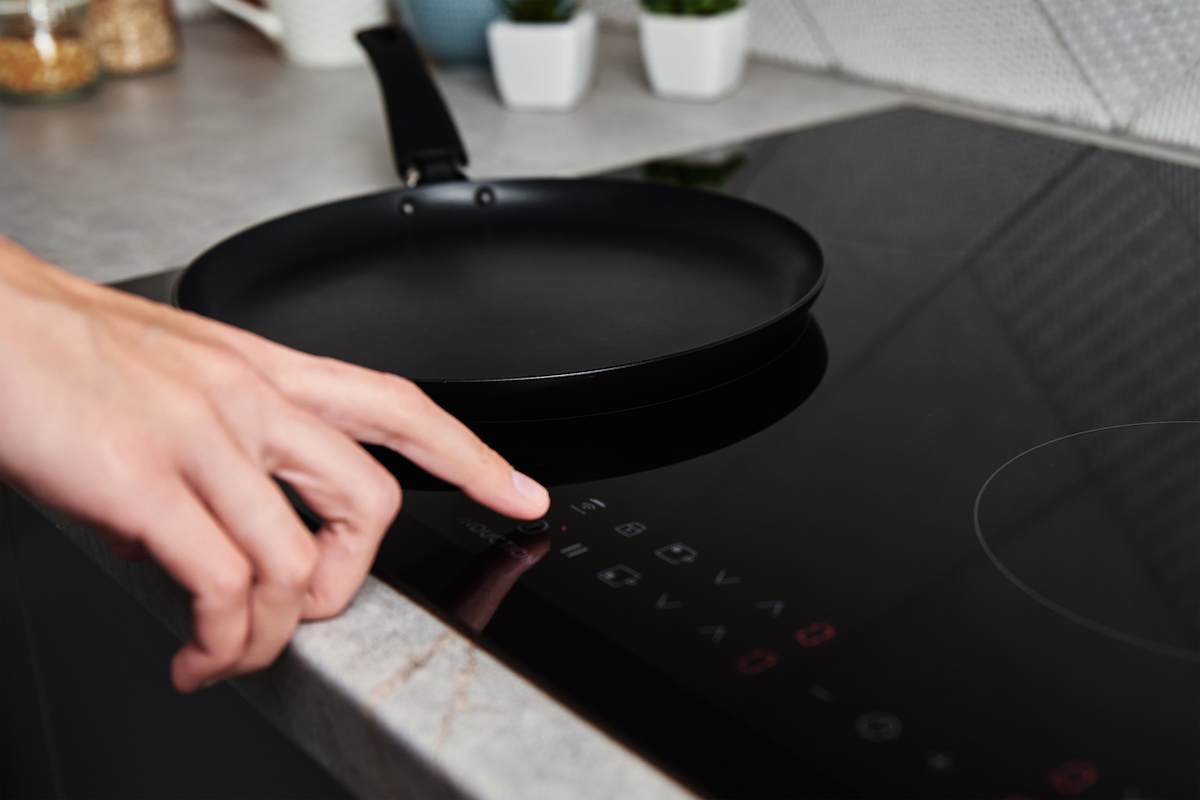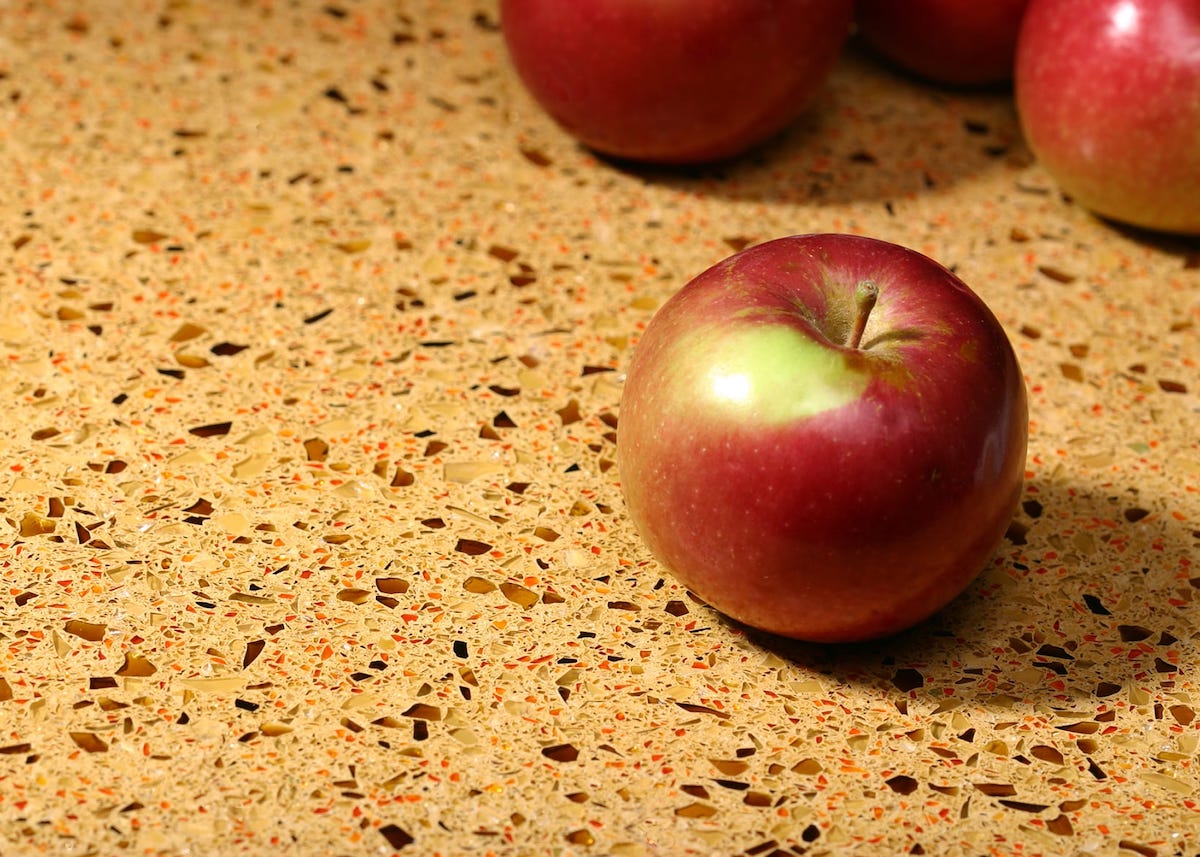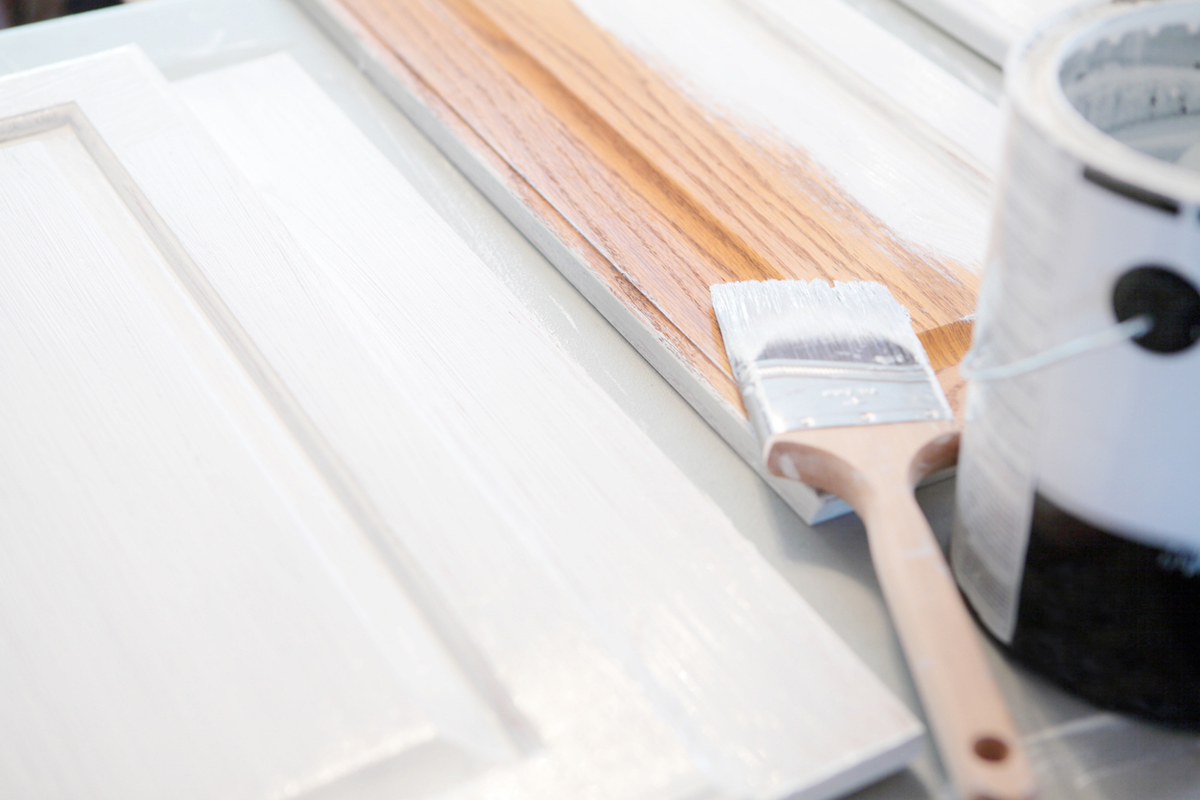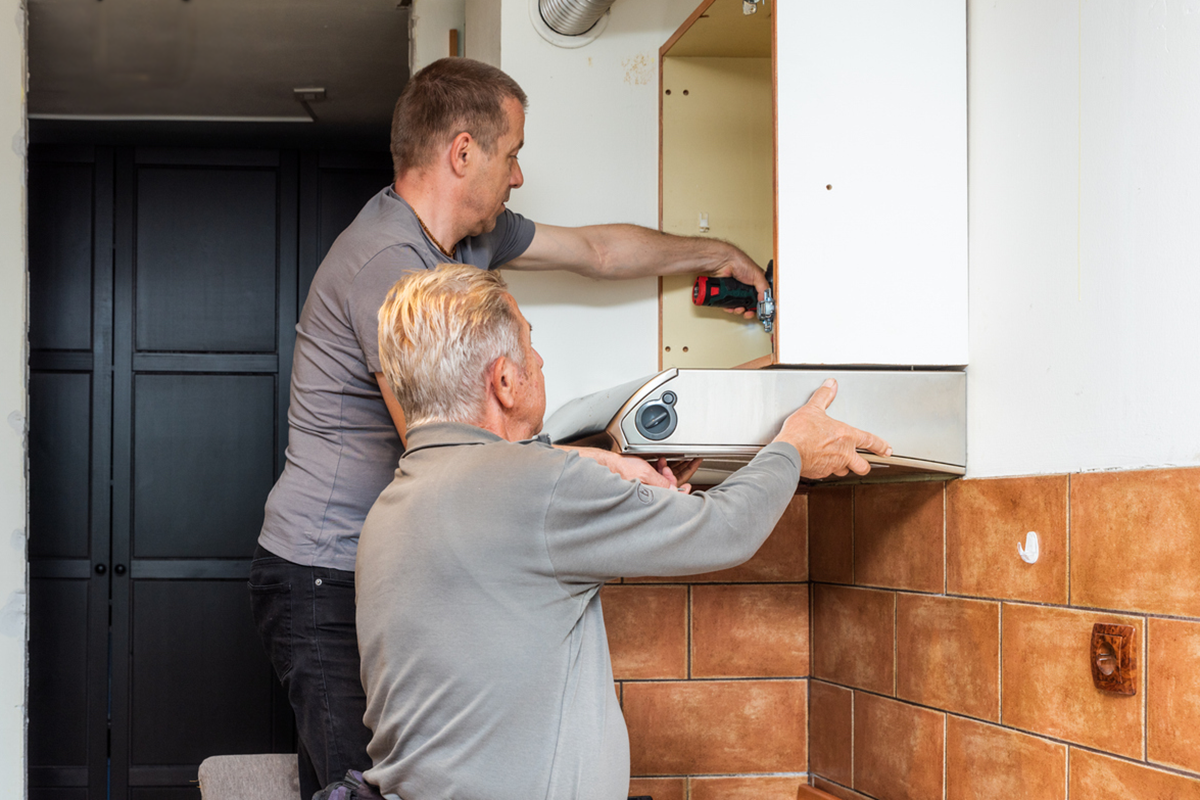We may earn revenue from the products available on this page and participate in affiliate programs. Learn More ›
This is the second installment of Bob Vila’s Most Valuable Projects of 2023, a month-long series featuring high-ROI home improvements on energy efficiency, sustainable kitchens, rooftop solar, and emergency preparedness. Each week, we’re pulling from our vast library of informational content, vetted shopping guides, and connections to industry professionals to present primers on the top projects to take on this year.
Wouldn’t it be great if a home renovation project could essentially pay for itself? While that might seem like a pipe dream, the truth is that some renovations can add almost as much value to a home as they cost the homeowner to complete. According to the Remodeling 2023 Cost vs. Value Report, projects like a minor kitchen remodel can offer a return on investment (ROI) of more than 85 percent, which could benefit homeowners when it comes time to sell or refinance their homes.
But there’s another factor at play here. The Inflation Reduction Act can also help renovations pay their own way. The bill offers incentives and rebates for certain energy-saving upgrades, allowing homeowners to recoup some of the cash they put into their kitchens, while also saving money on utility bills every month.
If your kitchen has seen better days, now might be the perfect time for an upgrade. And choosing appliances, fixtures, and materials that are more sustainable than the ones you had previously can not only help the environment, it may even attract more buyers should you put your home on the market. According to a recent report from the National Association of Realtors, more than 50 percent of real estate professionals say their clients are interested in sustainability.
Keep reading to learn which sustainable kitchen projects are most worth focusing on this year.
Electric Stove

To improve home health and energy efficiency in the kitchen, there’s a push to move toward electric stoves. In fact, homeowners who upgrade to an induction range will benefit the most, as the technology uses less wattage than a conventional electric stove, and there’s less heat lost while cooking. That’s a win-win when it comes to stepping up sustainability.
In addition, homeowners can receive a rebate of up to $840 on the purchase of an electric stove, cooktop, range, or oven as part of the Inflation Reduction Act. While this upgrade can benefit both your home and your wallet, it’s imperative to consider all aspects of the project before purchasing a new appliance. The guides below will help you sort out whether a modern electric stove is right for your kitchen.
MORE ON ELECTRIC STOVES:
➤ Induction vs. Traditional Electric and Gas Stoves
➤ The Best Induction Range for Your Kitchen
➤ The Best Electric Ranges of 2023
➤ How to Clean an Electric Oven
Water-Saving Fixtures

Upgrading to a more efficient faucet and dishwasher might be worth a homeowner’s effort, as well. Not only can these fixtures enhance the functionality and aesthetics of a kitchen, they can also help reduce household water use by 30 percent.
For instance, the average kitchen faucet flows at a rate of 2.2 gallons per minute. Swapping it out for a new low-flow model that uses just 1.5 gallons of water each minute can quickly add up to significant savings on monthly bills—not to mention it helps conserve an important natural resource for the earth’s sake. By the same token, installing an Energy Star-rated dishwasher can further efficiency in the kitchen.
MORE ON FAUCETS AND DISHWASHERS:
➤ The Best Kitchen Faucets Tested in 2023
➤ How to Replace a Kitchen Faucet
➤ Dishwasher vs. Hand-Washing: Which Is Best?
➤ The Best Dishwashers of 2023
Recycled Materials

Taking a material that has served its purpose and using it to produce a new material is one of the most sustainable things humans can do. Incorporating recycled materials into a kitchen renovation is easier than ever before, thanks to products like IceStone’s recycled glass countertops. The eco-friendly surface reuses what would otherwise be waste while creating an eye-catching, unique look in any kitchen.
In addition, highly renewable materials like linoleum or bamboo are great options for kitchen flooring. A leg up for the latter is that bamboo can achieve a similar look and feel to hardwood, which some real estate experts estimate has an ROI of 70 to 80 percent.
MORE ON MATERIALS:
➤ 10 Ways to Reduce Construction Costs for Your Kitchen Renovation
➤ 10 Ways to Incorporate Recycled Material Into Your Remodel
➤ 12 Ways to Make Your DIY Projects More Environmentally Friendly
➤ Best Countertop Material for Every Type of Kitchen
Eco-Friendly Finishes and Furnishings

One of the most rewarding parts of a kitchen renovation is adding final touches like wall color and decor. Luckily, there’s room to improve the sustainability of these features, too.
For instance, consider LED light bulbs. LED lighting may cost more upfront, but it uses less energy and lasts longer than other lighting systems. So not only does it save money on utility bills each month, it also saves time in terms of maintenance because LED bulbs don’t need to be replaced as often.
It’s also worth noting that low-VOC paints are more environmentally friendly than those that contain higher levels of VOCs. They’re also safer to use for the person doing the painting and the family living in the space.
Finally, when furnishing a newly remodeled kitchen, consider brands and products that use renewable or recycled materials and environmentally conscious production methods. For example, an FSC-certified stamp indicates that wood was harvested in a sustainable and ethical manner.
MORE ON FINAL TOUCHES:
➤ The Best LED Light Bulbs of 2023
➤ The Best Low-VOC Paints of 2023
➤ 20 Sustainable Home Decor Brands to Know
Responsible Disposal

As with any home project, it’s important to take care when disposing of refuse from a kitchen remodel. Taking appliances, cabinets, and other items that are no longer of use to the local reuse or recycling center can prevent them from ending up in a landfill. This alone can help renovators take a step in the direction of sustainability.
But, DIYers can also look to sell their used-but-good materials on classifieds and online marketplaces. Should they sell, the proceeds can be used toward the rest of the project, helping to pay for those new materials and fixtures. Plus, both methods avoid having to pay fees at the local dump.
MORE ON REDUCING WASTE:
➤ 10 Smart Ways to Limit Waste When Renovating Your Home
➤ How to Dispose of a Refrigerator Properly
➤ This Is the Right Way to Dispose of a Microwave


